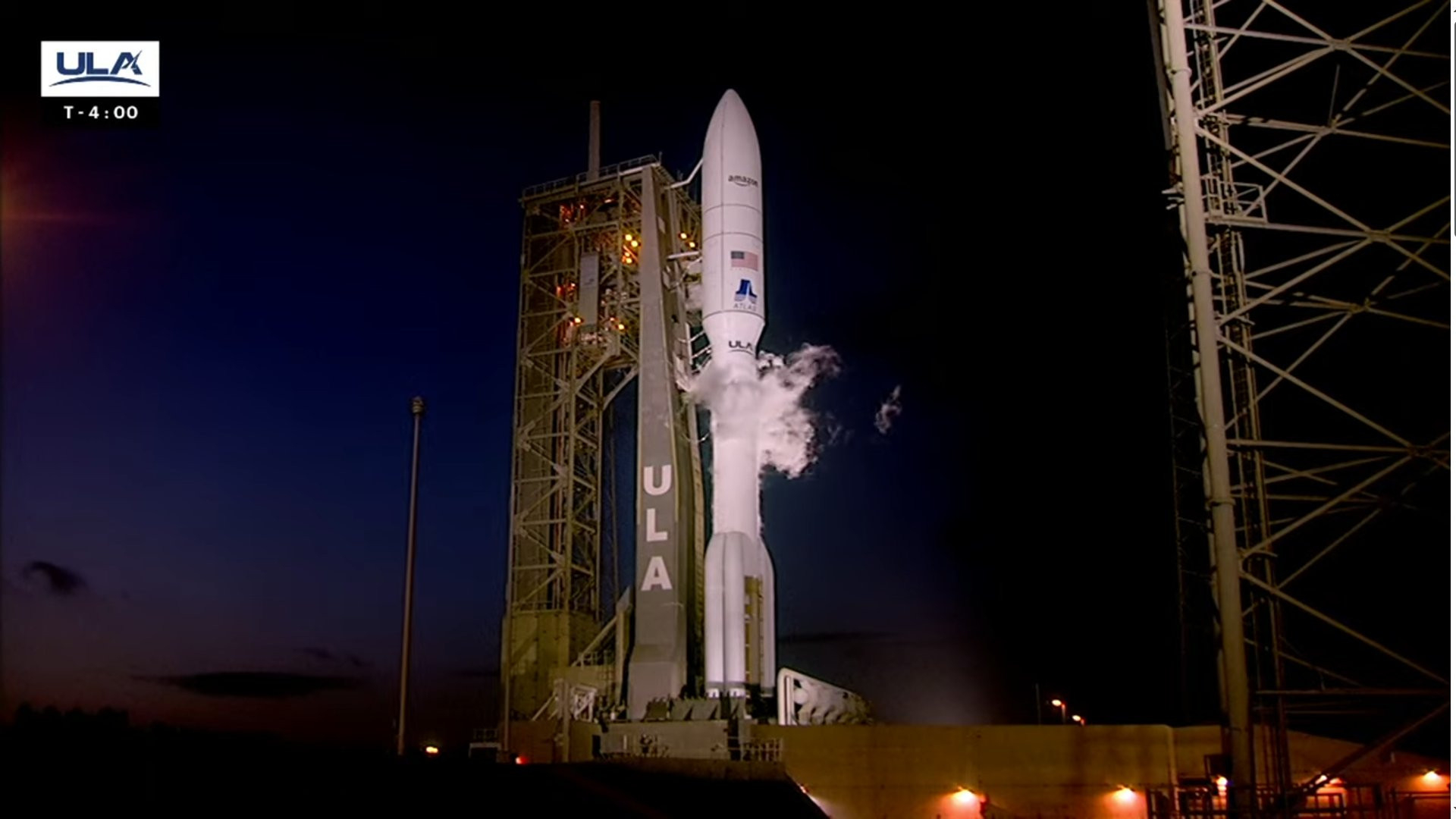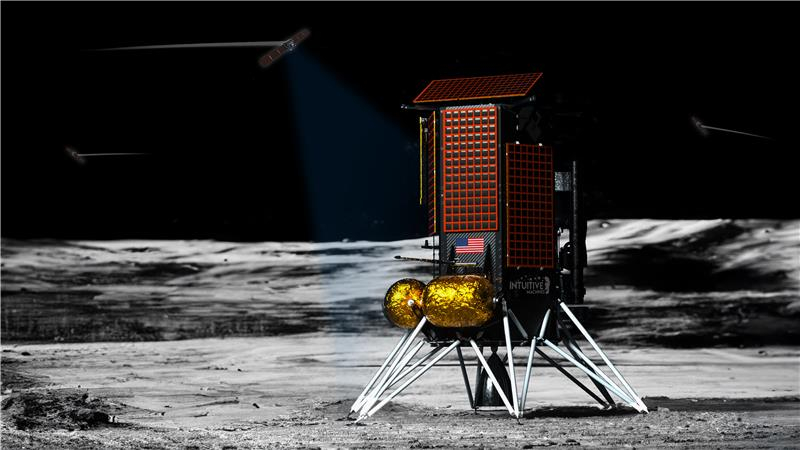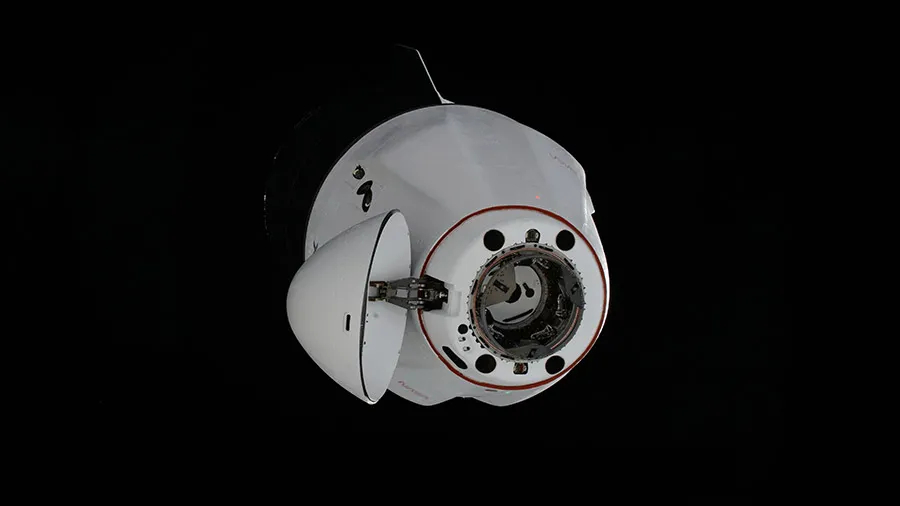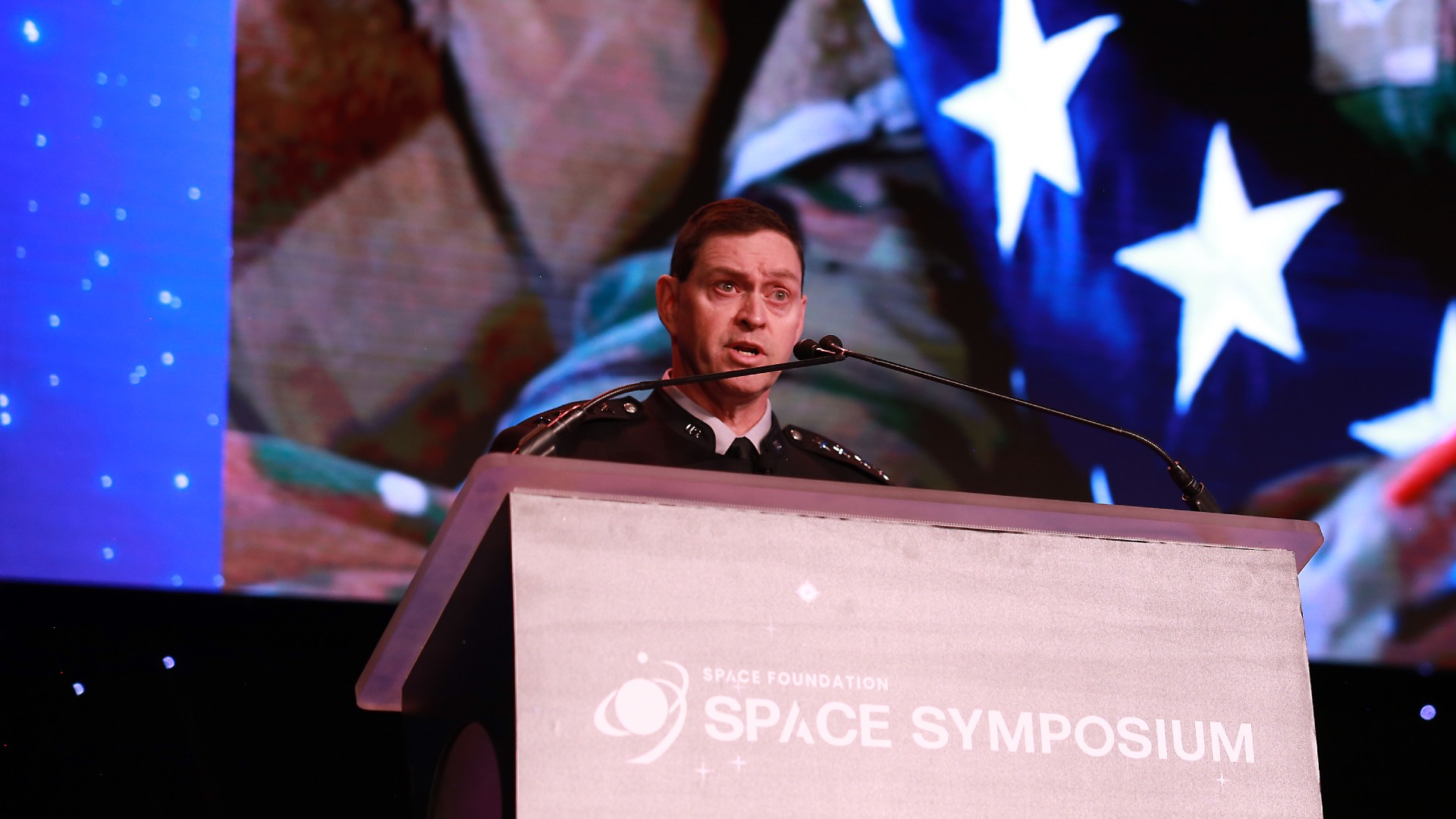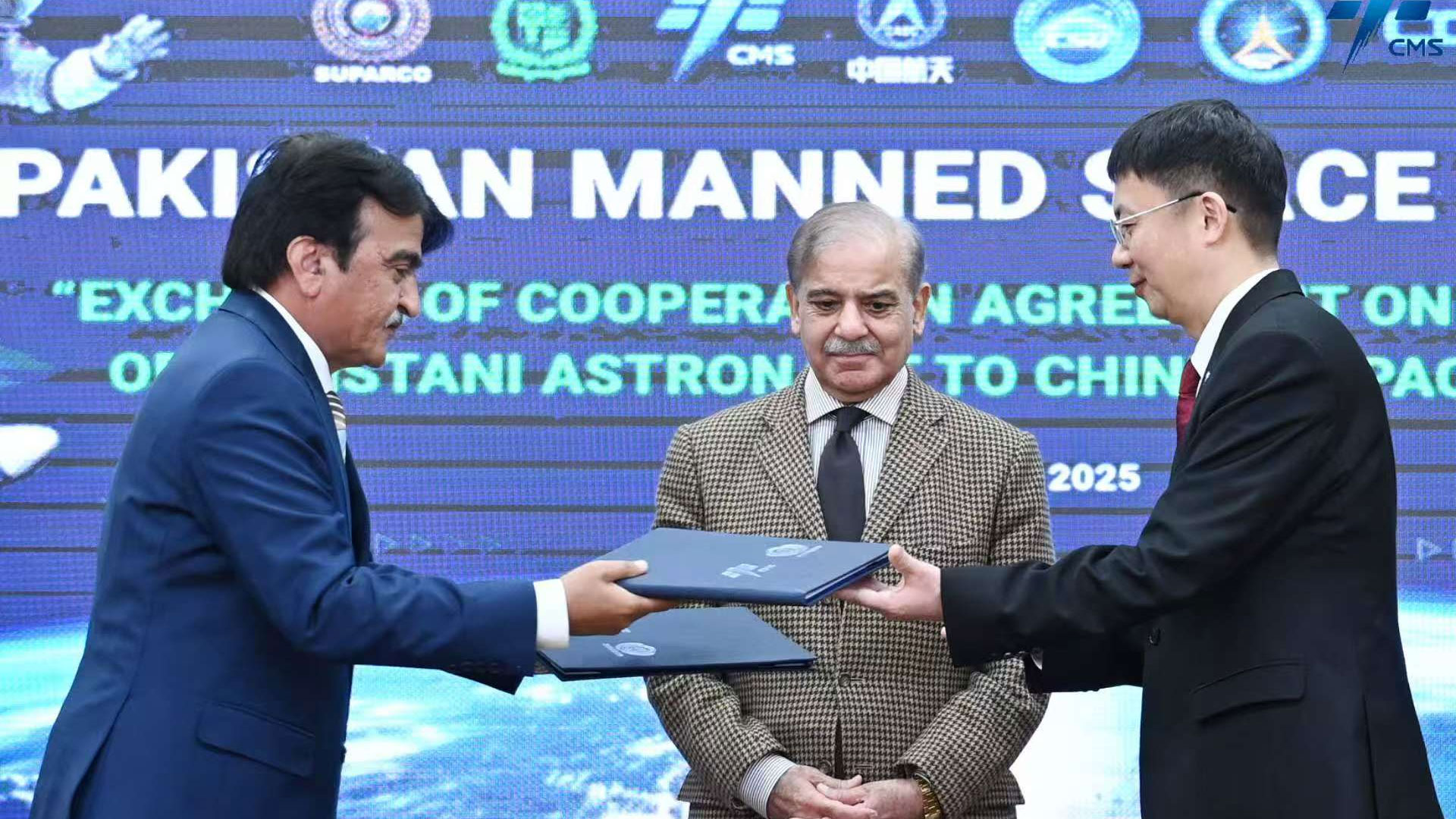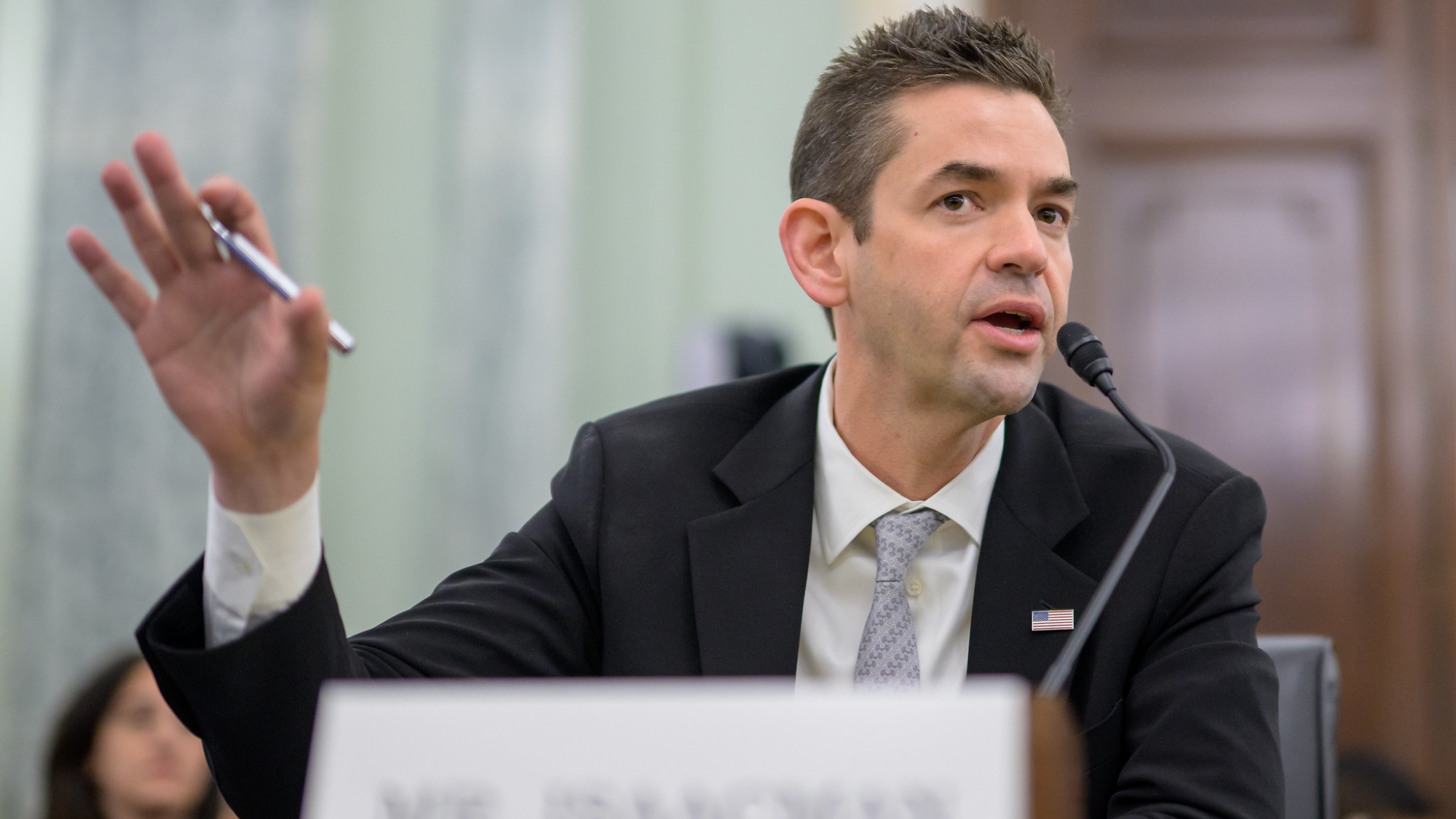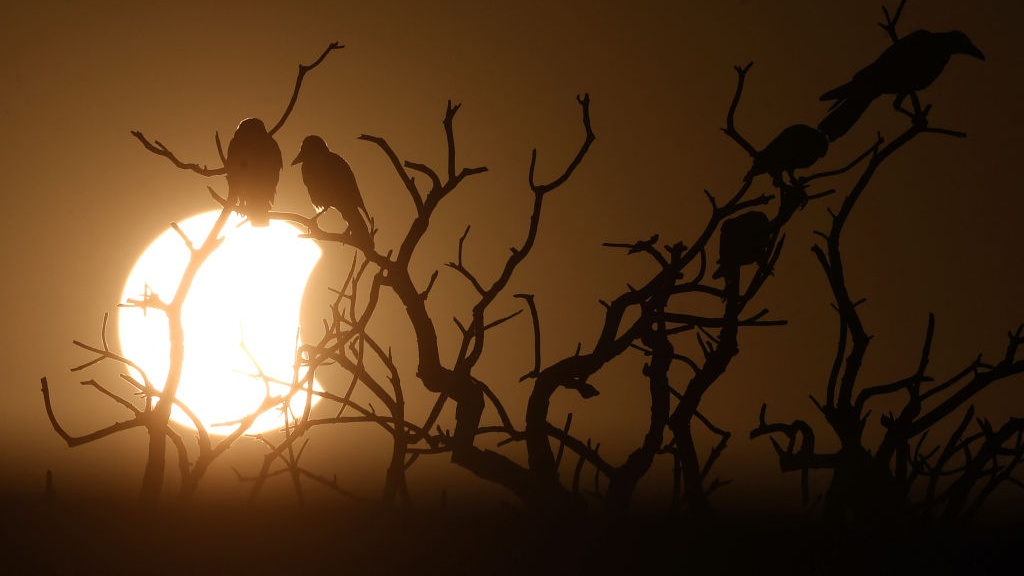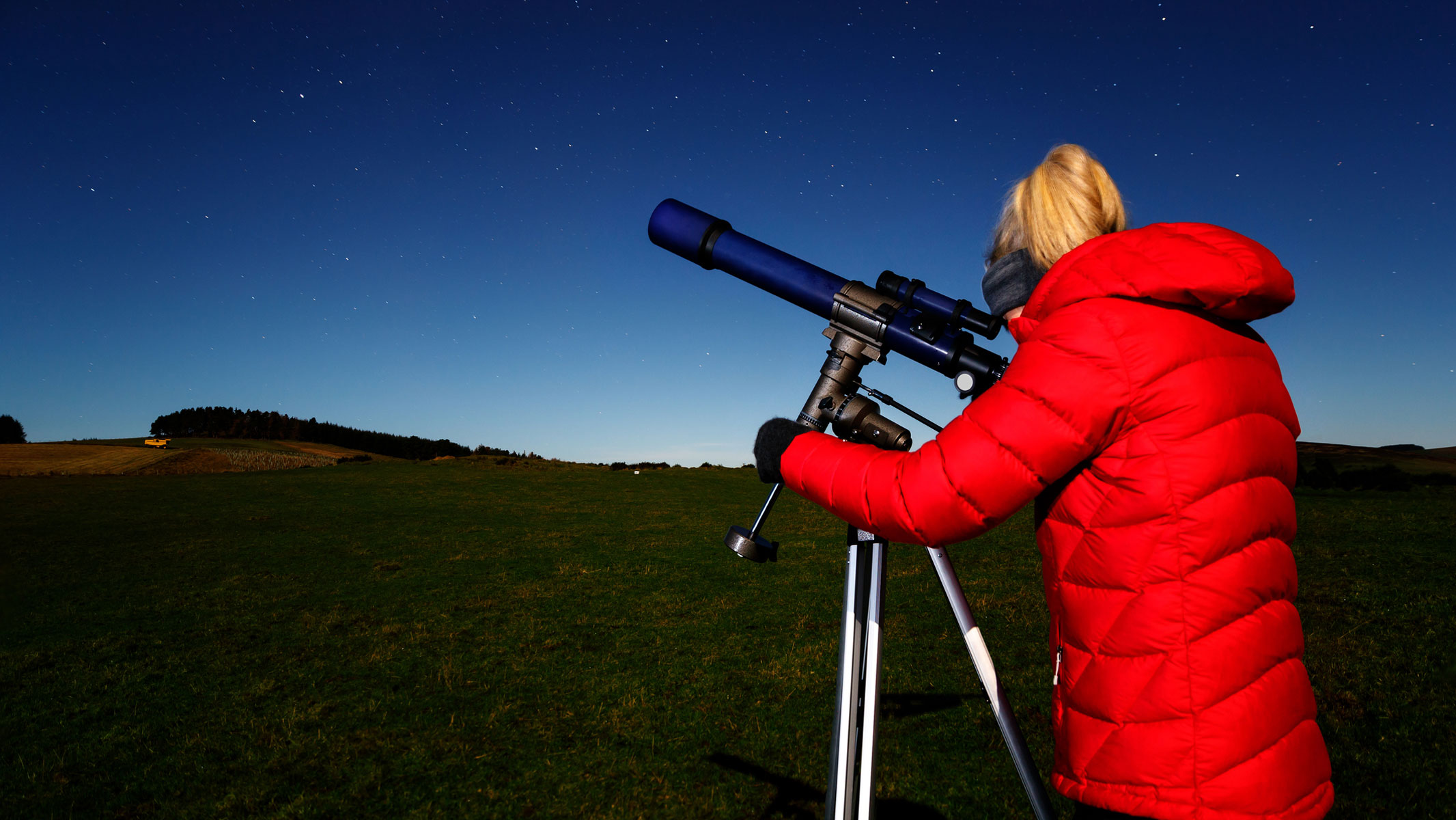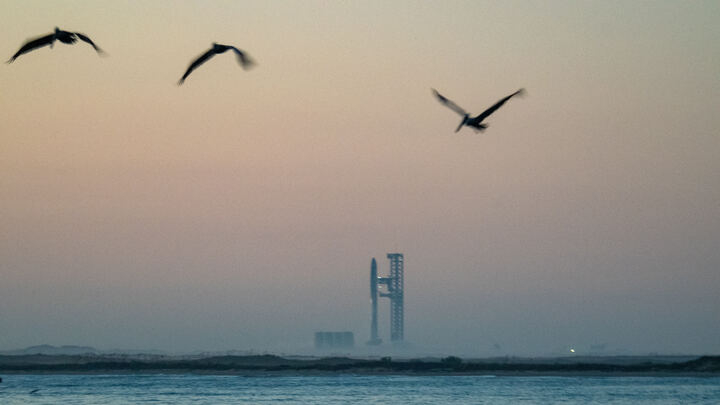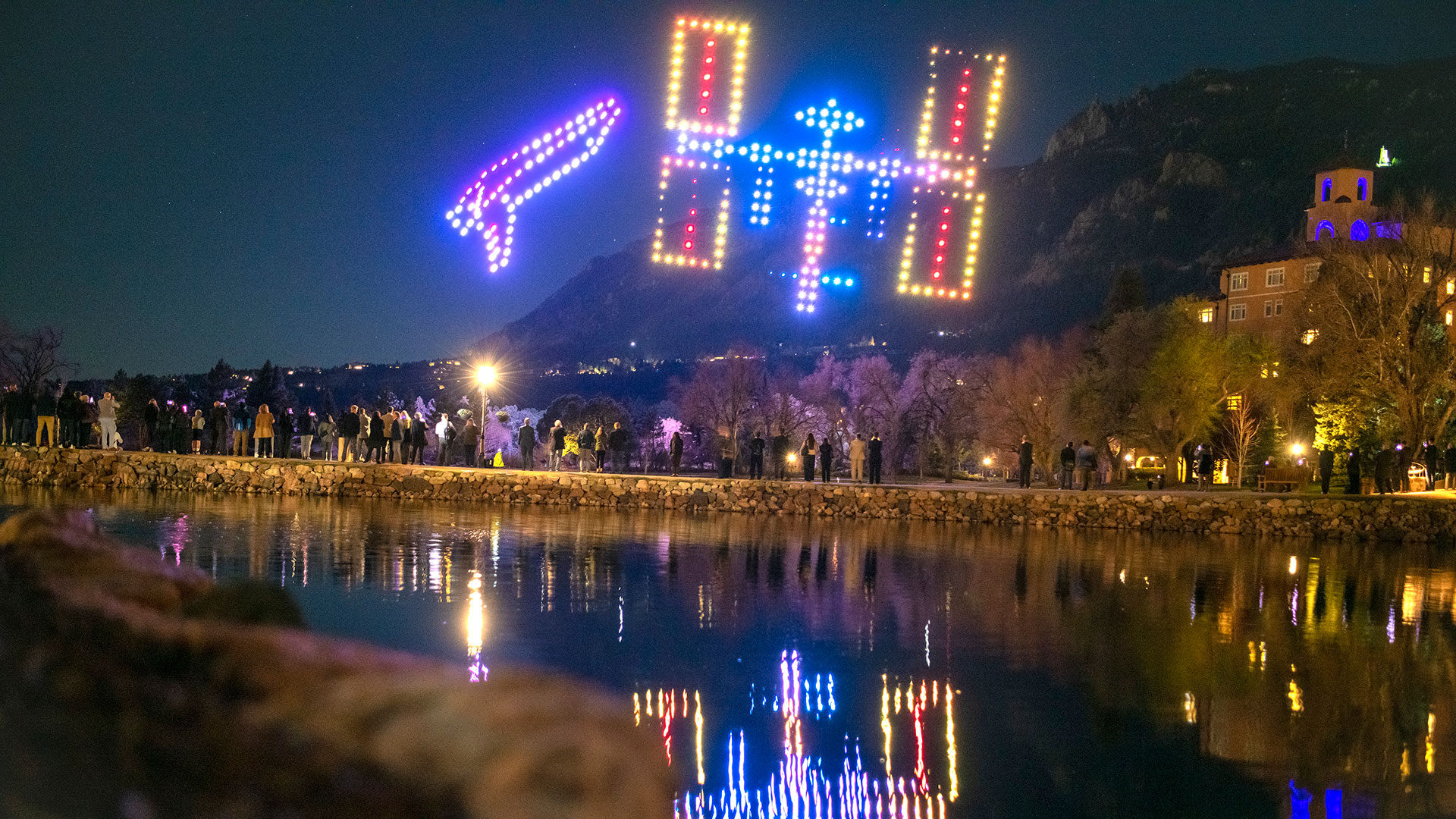Artificial intelligence to aid future exoplanet hunt
The Ariel Data Challenge 2023 launched on April 14 and invites AI and machine learning experts to help astronomers in understanding planets outside our solar system.
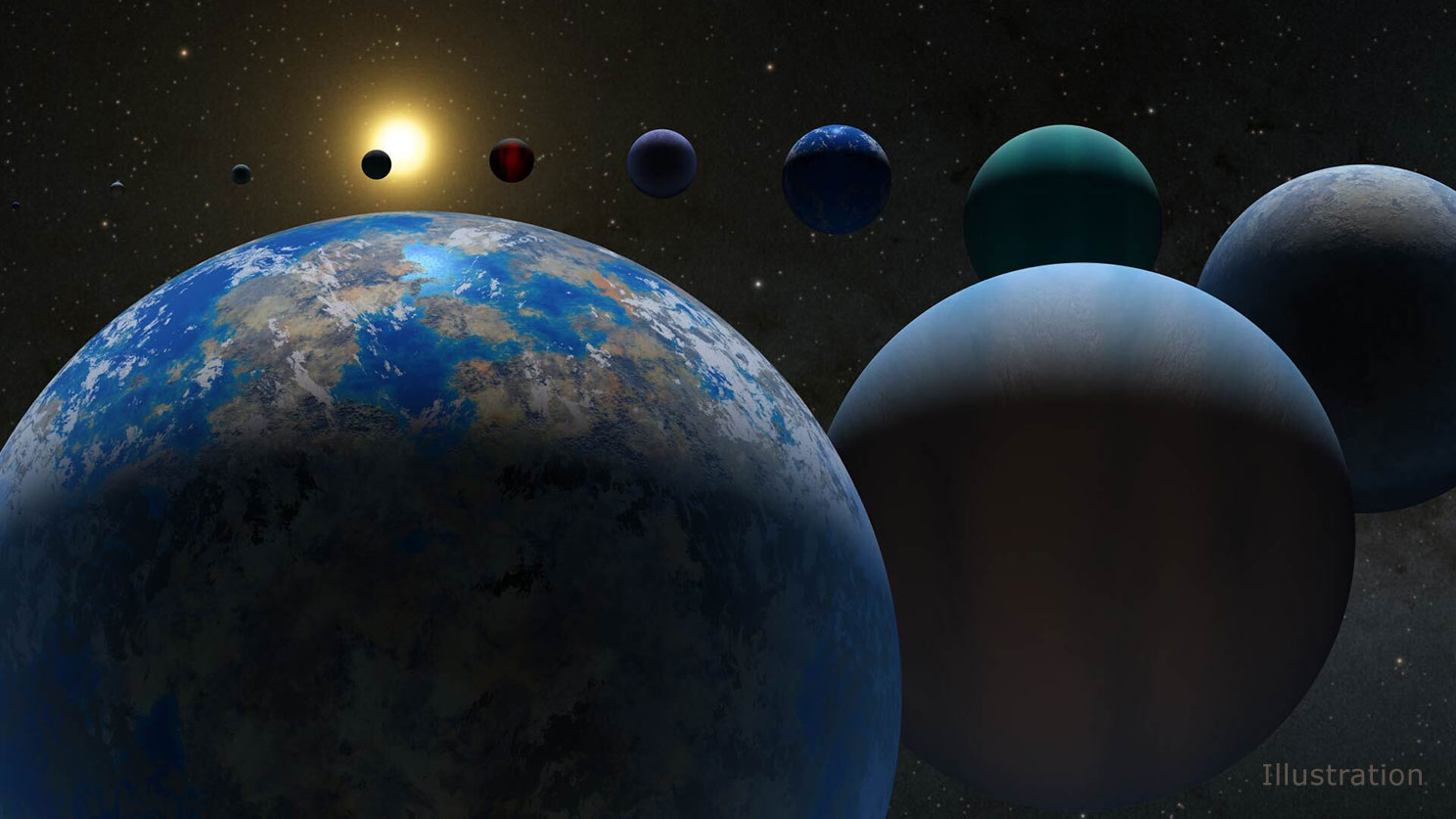
A new challenge invites Artificial Intelligence (AI) and machine learning experts to join astronomers in the quest to discover and understand planets outside the solar system, also known as extrasolar planets or "exoplanets."
The Ariel Data Challenge 2023, which kicked off on April 14, could help direct AI in assisting the European Space Agency's future (ESA) Ariel telescope in its mission and help us better understand Earth's place in the universe.
"AI has revolutionized many fields of science and industry in the past years," one of the Ariel Data Challenge leads and University College London Associate Professor in Astrophysics, Ingo Waldmann, said in a statement. "The field of exoplanets has fully arrived in the era of big data and cutting-edge AI is needed to break some of our biggest bottlenecks holding us back."
Related: AI discovers over 300 unknown exoplanets in Kepler telescope data
Ariel, set to launch in 2029, will conduct one of the largest surveys of exoplanets, examining the atmospheres of around 1,000 of the known planets outside the solar system. This is a huge number of observations, representing around a sixth of all the 6,000 or so currently known worlds in the exoplanet catalog, and the help of the AI and machine learning community could be vital in interpreting the Ariel data.
The ESA space telescope works by studying light from an exoplanet's host star after it has filtered through that planet's atmosphere. Because chemical elements absorb and emit light at set wavelengths, looking at the spectra of the stars after passing through exoplanet atmospheres can reveal what said atmospheres are made of. This in turn could reveal how the planet in question formed and whether they could host life.
But, scientists behind Ariel will need a new method of interpreting this data to better understand the impact of different atmospheric phenomena on the observed spectrum of light.
Get the Space.com Newsletter
Breaking space news, the latest updates on rocket launches, skywatching events and more!
The fourth Ariel Data Challenge follows on from previous events in 2019, 2021, and 2022 will close on June 18, 2023. The Challenge asks computing experts using any model, algorithm, or data processing technique to come up with solutions to this problem.
Not only can the experts taking part submit as many potential solutions as they come up with, but they can also join forces and collaborate with other teams. Through the challenge, participants are offered access to the High Powered Computing resources through DiRAC, part of the U.K's Science and Technology Facilities Council's computing facilities.
Application to the Ariel Data Challenge is open to anyone and the winners of the challenge will be invited to present their solution at Europe's top machine learning and data mining conference, the European Conference on Machine Learning and Principles and Practice of Knowledge Discovery in Databases (ECML PKDD). The top three teams will receive sponsored tickets to the event being held between Monday, Sept. 18, and Friday, Sept. 22, 2023, in Turin, Italy, or the cash equivalent.
"With the arrival of next-generation instrumentation, astronomers are struggling to keep up with the complexity and volume of incoming exo-planetary data," an Ariel Data Challenge Lead and UCL Postdoctoral Research Fellow, Kai Hou (Gordon) Yip said. "The ECML-PKDD data challenge 2023 provides an excellent platform to facilitate cross-disciplinary solutions with AI experts."
Follow us on Twitter @Spacedotcom or on Facebook.
Join our Space Forums to keep talking space on the latest missions, night sky and more! And if you have a news tip, correction or comment, let us know at: community@space.com.

Robert Lea is a science journalist in the U.K. whose articles have been published in Physics World, New Scientist, Astronomy Magazine, All About Space, Newsweek and ZME Science. He also writes about science communication for Elsevier and the European Journal of Physics. Rob holds a bachelor of science degree in physics and astronomy from the U.K.’s Open University. Follow him on Twitter @sciencef1rst.
